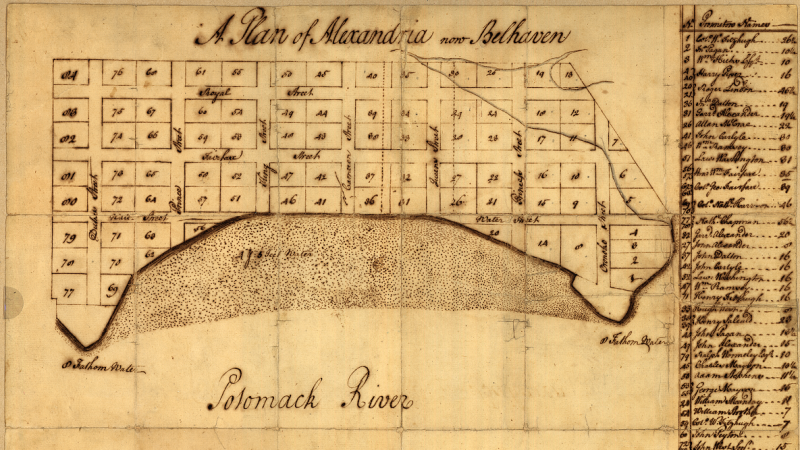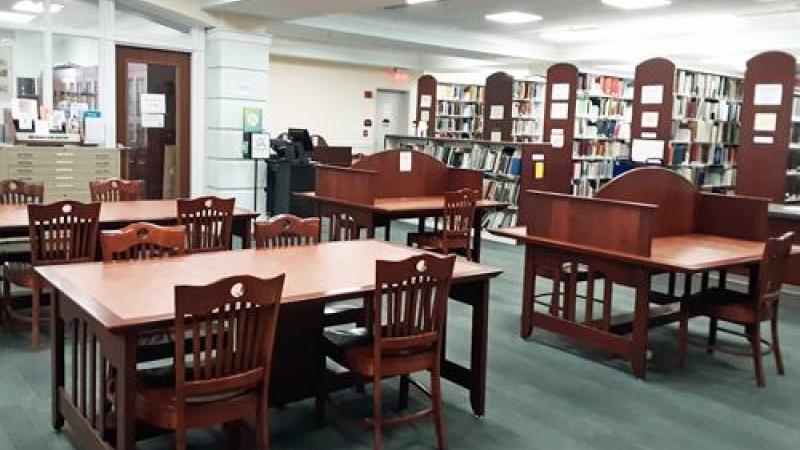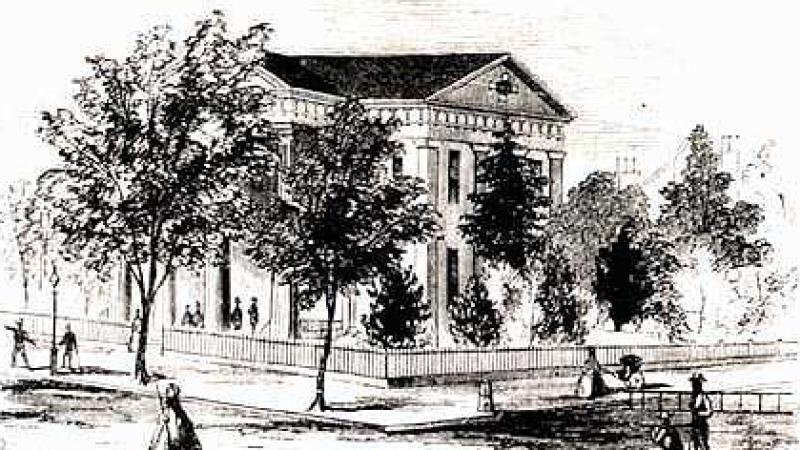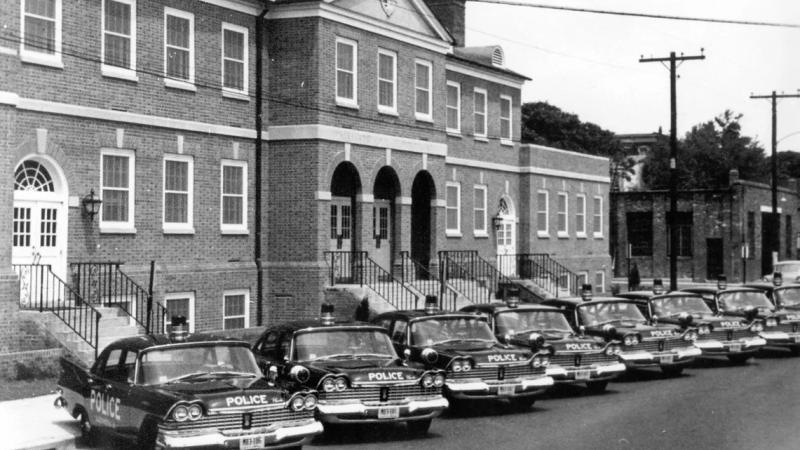The History of Alexandria, Virginia: An Introduction and Resources
Read a brief history of Alexandria and find more about our history on the Historic Alexandria website and elsewhere on the internet.
Page updated on December 30, 2024 at 5:21 PM
XWARNING: You have chosen to translate this page using an automated translation system.
This translation has not been reviewed by the City of Alexandria and may contain errors.

View the Timeline here or visit the sign on the Alexandria Waterfront, at the Torpedo Factory Art Center arcade.




